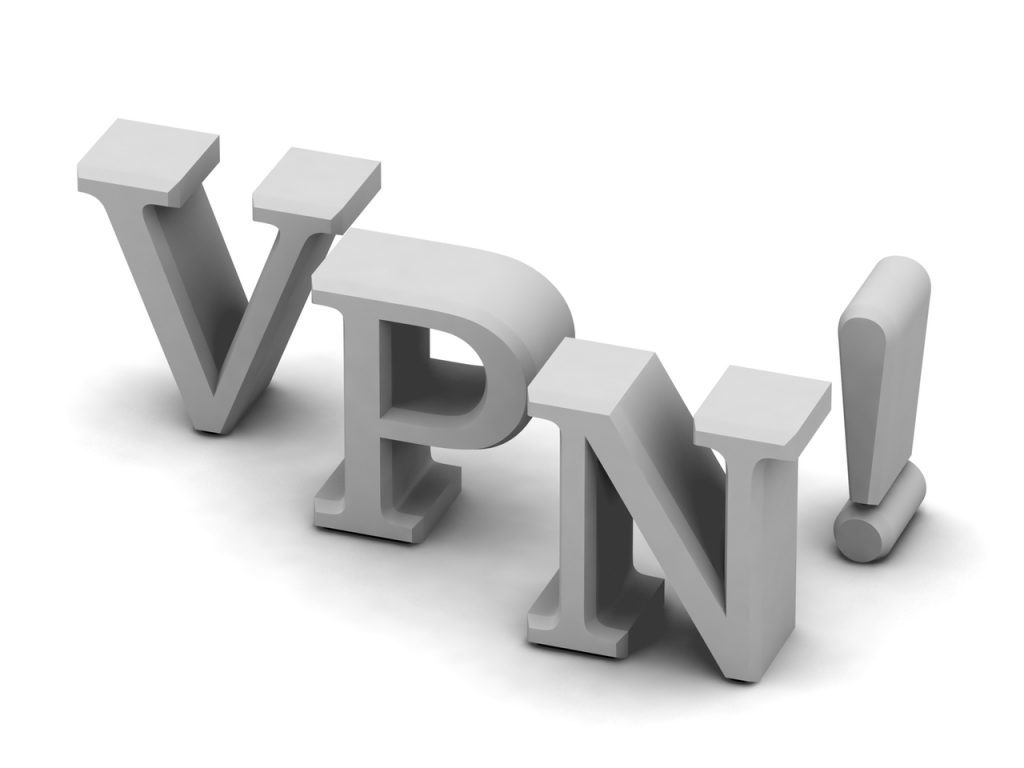2016 was noteworthy for numerous reasons, among which, include a record high number of cyber attacks perpetrated through the web. During last year alone, hackers took over 2 billion records from many targets – with many making up the world’s most significant corporations and organizations like network services firms.

Exactly what is a VPN?
To comprehend what a VPN (Virtual Private Network) does, think about how the web itself operates. Consider the internet as a vast public network where you send and receive data, which occurs each time you log into an app, make a transaction, shoot out a message … generally do anything and everything online.
A VPN works as a private network (hence the name) you can use to navigate the internet securely. Users merely log into their VPN by means of unique qualifications to access a series of discrete networks or computers that encrypt their data. All information is sent just under that VPN’s cloak of privacy, rendering it unattainable to hackers, snoops, and government entities alike, which is perfect for online services like online business coaching and IT professionals.
Why should you utilize a VPN?
Think about all the delicate data you share online or store in a cloud management system, and which is at risk of being stolen by digital criminals. Utilizing a VPN helps guard against calamity for the following:
Payment information. All those charge card and bank routing numbers used in online deals? Those are at threat of getting stolen, indicating you run the risk of a lot of deceptive charges or inexplicably diminished possessions.
Authentication details for private accounts. Every online account you’ve ever produced a login for is at danger. We’re talking email, retirement portfolios, cloud storage accounts and cloud backup services … and that’s the tip of the iceberg.
Medical records. It’s a thing. Lots of thieves take individual health info and resell it on the internet black market. Or they’ll use your information to create phony insurance accounts that you’ll be billed for when you least anticipate it.
Classified details. Any sensitive files saved in the cloud, confidential data like your asset tracking system data, any correspondence you want to keep private – all these are at danger to prying eyes.
All this makes using a VPN a lot more important when you think about the breadth of common hacking techniques used by online hackers to obtain this information. Keyloggers record each keystroke you tap into crucial apps like your reporting dashboard, phony WAPs (Wireless Access Points) deceive you into accessing what appear like legitimate websites that may look like a small business coach training course, phishing links contaminate your computer system the 2nd you click them … which’s just a portion of the various methods hackers can wreak their havoc.
Smart browsers can safeguard themselves against all this with a well-chosen VPN, with numerous geared up with extra features particularly designed to guard against one or all of these different hazards: military-grade 256-AES file encryption, advertisement blockers, eliminate switches that drop an insecure connection, and more.





